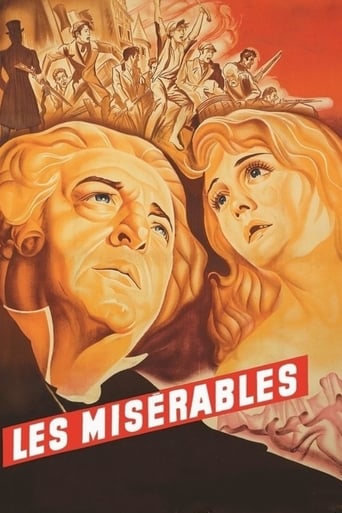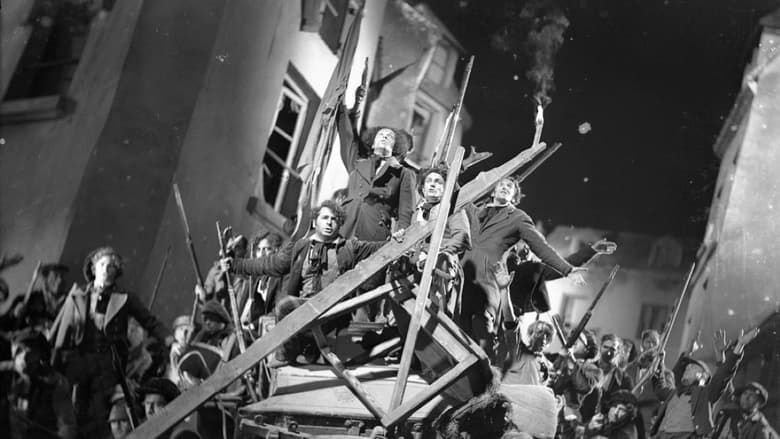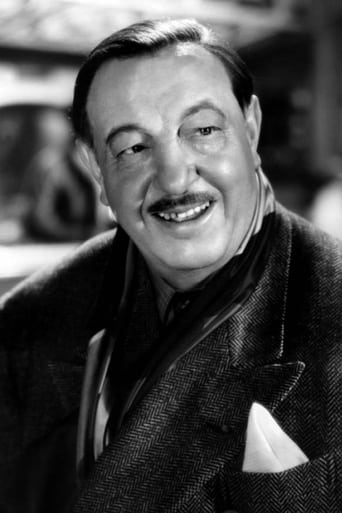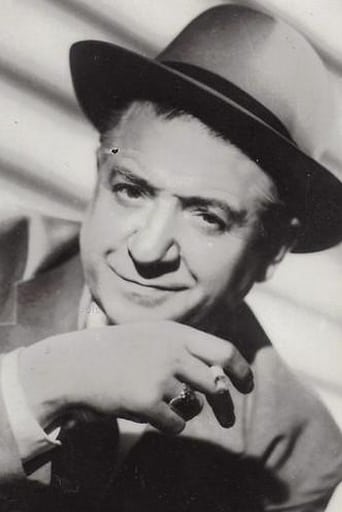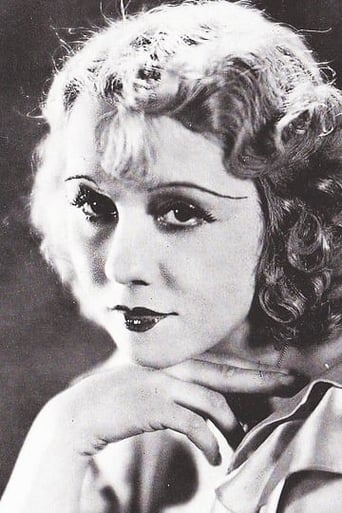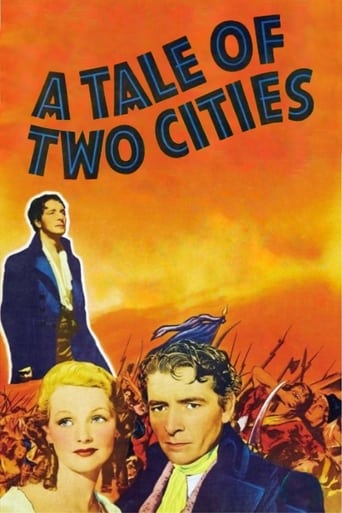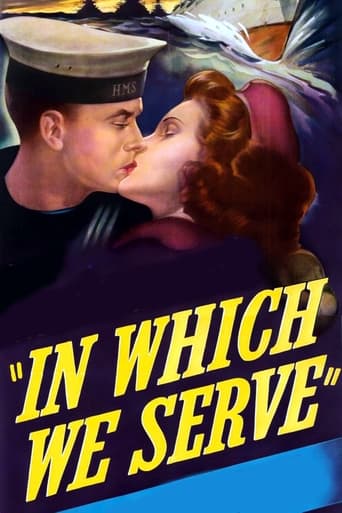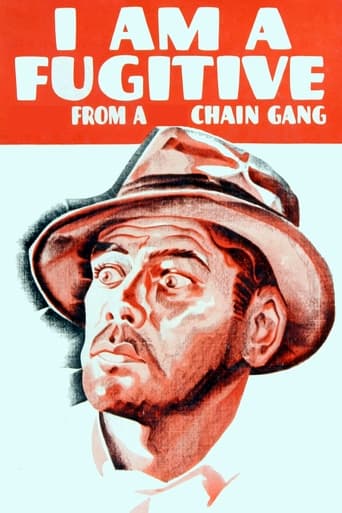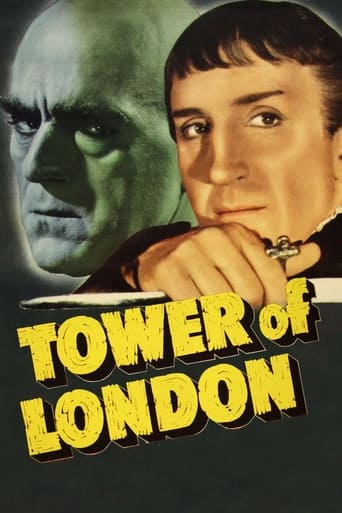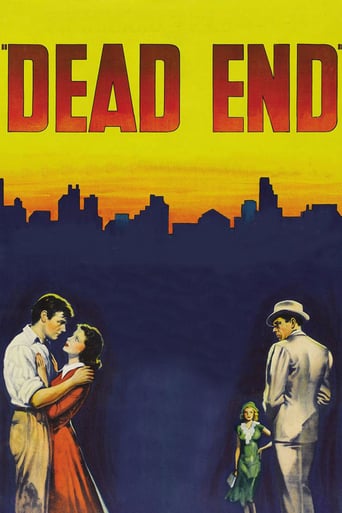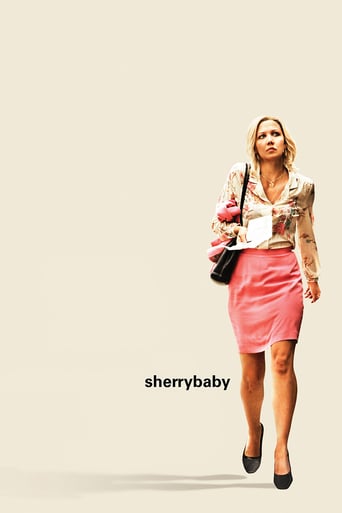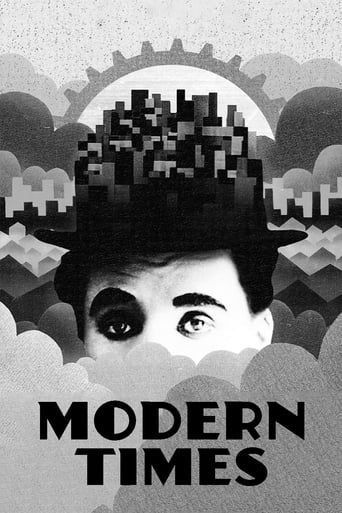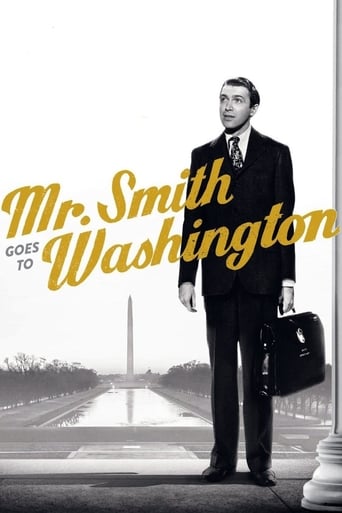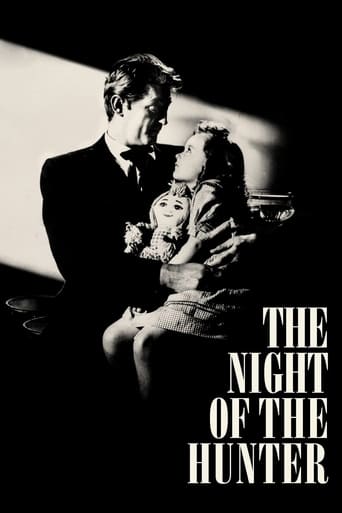Les Misérables (1934)
In 19th century France, Jean Valjean, a man imprisoned for stealing bread, must flee a relentless policeman named Javert. The pursuit consumes both men's lives, and soon Valjean finds himself in the midst of the student revolutions in France.
Watch Trailer
Free Trial Channels
Cast


Similar titles
Reviews
I was totally surprised at how great this film.You could feel your paranoia rise as the film went on and as you gradually learned the details of the real situation.
At first rather annoying in its heavy emphasis on reenactments, this movie ultimately proves fascinating, simply because the complicated, highly dramatic tale it tells still almost defies belief.
The story, direction, characters, and writing/dialogue is akin to taking a tranquilizer shot to the neck, but everything else was so well done.
There are moments that feel comical, some horrific, and some downright inspiring but the tonal shifts hardly matter as the end results come to a film that's perfect for this time.
Length seems to equate to epic in the general sense of the word nowadays. Cameron's "Avatar" went from being an Oscar worthy sci-fi blockbuster to an Oscar worthy sci-fi epic by upping the length. However, in the case of Avatar, the length doesn't do a huge amount for it, other than finding more crevices to squeeze in the best CGI ever seen in film. There are plenty more examples, too. Wyler's "Ben-Hur" is a fantastic example of an epic that exists for the sake of being an epic. Sure there are some breathtaking scenes throughout (notably, you guessed it, the spectacular chariot scene finish), but it tends to drag in numerous places; and that's coming from someone who's infatuated with Tarr's seven and a half hour "Satantango". Or perhaps look at Jackson's "Lord of the Rings" trilogy, which could have been a solid two hours shorter in total at minimum, or Cameron's "Titanic", whose extra length seemed to only provide extra melodrama and sentimentalism. This begs the question, how does one pull of this "epic" film correctly?Sometimes, it's by sheer quality and scale. Kubrick's "Barry Lyndon" accomplishes this and also is one of the hardest hitting emotional movies I've seen in a while, and I had no actual interest in watching it in the first place. I had a similar experience with Fleming's "Gone With the Wind", which I also loved to death. It seems at this point that the word "epic", or any film with a running time above two and a half or three hours seems to have a few key ingredients: grande scale, impeccable acting, but emotionally aloof and formulaic, and even the former two masterpieces sometimes have these issues in them. How does Bernard overcome this? What makes his Les Miserables my second favourite film of all time (behind De Sica's "Bicycle Thieves")? The reason is that he has mastered the art of emotional power and comprised it into this four-and-a-half hour magnum opus of French film, while also displaying his immense talent for set production, direction of acting, his technical capabilities, mastery of a myriad of genres...For those of you unfamiliar with the Les Miserables story (the extended and "real" one I mean, not the watered down Hooper pretty musical version), it goes a little something like this: Jean Valjean is released from prison after a number of years due to his criminal activity within the government's control. Additionally, he now must carry around a voucher explaining that he is a dangerous man and said voucher must be stamped if he is to leave a certain boundary. Due to this, he has grown to be very bitter. A preacher assists him and gives him a quick start to help his life a bit, but Valjean takes advantage of his hospitality and steals from him. When he is arrested, the preacher simply insists that it was a "gift" and that Valjean forgot the rest of his gifts, in this case, two sterling silver candle-holders. It is in this sequence that the audience can truly see the beauty of humanity, and Bernard is one of the few to have captured this, arguably one of the first, and he is able to do it without melodrama, over indulgence on sentimentality, or even music. Valjean's life intertwines with a number of other stories, including the saving of an orphan, in addition to numerous others, as he vows to do the best that he possibly can in life after this simple hospitality. Some scenes in the film are technically brilliant, and criminally overlooked given the time of the production. The steady-cam use in the riot scenes in part three are incredibly ahead of their time, and Bernard's juxtaposition of multiple scenarios in part one (with Valjean's confession) is a direct homage to Griffith's "Intolerance" and Bernard does it better, giving Hitchcock a run for his money as "master of suspense". The power packed in the last half hour is stronger than that of many directors' entire career, and a great portion of this is due to the outstanding performance by Harry Baur as Jean Valjean, who makes Hugh Jackman's performance look like it originated from a B-movie. As of the time of this writing, the film has 814 votes on IMDb. It's a tragedy how underseen this movie is, but it has garnered an almost unanimous acclaim among the few that have. The story never lags, never becomes boring, and I was literally mesmerized the whole time, never knowing the outcome of the next chapter. It's not a philosophical film, nor does it have a very complex message, but its power comes from its simplicity, it's perfection, its entertainment. It is the ultimate film, and I long for the day that another director is able to make something anywhere close to it.Rating: 10/10
Les Misérables is not War and Peace, and as a novelist, Victor Hugo was not Tolstoy. There is a lot of filler in the novel. Bernard does a good jog of focusing on only the important scenes and simply ignoring the rest - he made this movie for an audience who knew the novel and did not have to be filled in on a lot of the exposition. Those scenes that he does choose to film, especially the revolution on the barricades, are often very well done.By the last third of the movie, however, he becomes too self-indulgent, and spends too much time on scenes that, given the length of the movie, would have been better passed over far more quickly.The star, without any question, in this movie is Henry Bauer as Jean Valjean. He's not a handsome man, but he's a big and powerful one as Valjean was big and powerful. And an actor capable of conveying great emotion just with his face.This is not always easy to sit through. If you don't know the story well, you may feel lost at times. But at its best, this movie gives a remarkable account of Hugo's novel, less the story of les misérables - the poor - than of one man who was asked to bear more sorrow than any man should have to bear, yet who never complained and just kept forging ahead.
So far, I have not read the book, and have only listened to a few bits from the musical, and I am usually not too fond of foreign films. I saw that this was on TCM not too long ago and I decided to give a watch. It took me two days, because I was doing other things, and here is my overall impression: One of the Best Films Ever! The story is about convict, Jean Valjean(played by Harry Baur, who gives an incredible performance), has a changed experience because of a bishop who took him in(Henry Krauss), and saved him from going into forced labor for life. Valjean uses silver the bishop gives him, so he could have a new start in life. Along the way, Inspector Javert(Charles Vanel) tracks him down throughout the years, and while Valjean escapes and changes his identity. The story's main themes in my opinion, are redemption, humanity, and the revaluation of good and evil. Valjean is an escaped convict, but he shows love and compassion for his fellow man, and even takes in a dying woman's child as his own. He even offers Javert to arrest him after he has found Cosette(the dying woman, Fantine's child). While Javert, a police inspector, is at the wrong side of ethics, as he lacks the compassion Valjean has. The film runs over four hours, the longest film I have ever seen, and its worth it. You need the running time to be long so you can discover the full depth of the story. The film also contains themes of revolution which are present, but it does not begin until much later on in the film. Overall, one of my 10 favorite films, and is one you should get your hands on.
After watching this first adaptation of Les Misérables, I'm afraid the bar is set high. Raymond Bernard achieved what I thought was impossible: he took this gigantic and epic masterpiece of a book and turned it into a great film that works incredibly well within the medium.This long-lost masterpiece was shot during difficult times, forgotten too fast, re-cut, re-released, cut again, and finally let aside to sleep on a shelf at Pathé. The admirable initiative of Criterion, Eclipse, finally restored it and brought it to the public in a form that is believed to be close to the original. Raymond Bernard, after his WWI success Les croix de bois, was allowed a big budget to make this three-parts film. With a running time of almost five hours, it gives itself the time to capture the essence of the story. The very few changes that were made to the plot make perfect sense. They are mostly around the ending, which they shortened more than I thought they would, given its emotional power. Still, the book is pretty intact.As I said before, this is a great film, whether you've read the book or not. Some people disliked the extreme angles the director used through the film, especially during intense scenes. I thought they gave a creative and atmospheric touch to the film and worked really well within the context. Don't let them fool you, though: this isn't a purely visual experience, it's got a heart. Harry Baur is perfect as Jean Valjean, everything that I thought he would be. His performance makes you respond emotionally and involves you with his character, one of the greatest and most interesting of literature. Harry Baur once had the potential to become the equivalent of Jean Gabin is France, but he was arrested by the Nazis and tortured for information in 1943 because his wife was Jewish and suspected of taking part in the anti-Nazis activities in France, and died shortly afterward. He was a great actor that deserves more recognition, and he's at the top of his game here.The rest of the cast fit their roles perfectly. Jean Servais as Marius and Josseline Gaël as Cosette are as innocently annoying as they should be, playing the two young lovers and the least interesting characters. Charles Vanel is pure evil as Javert. The child-actors who play Gavroche and Cosette are pitch-perfect. The young girl looked like the "gravure" (I don't know the English word) used to promote the Broadway musical. Orane Demazis, though, is miscast as Eponine. She was 40 and playing a teenager, in a not so memorable performance. Eponine was one of my favorite characters and so I was a little disappointed. She is the only thing I would change about this otherwise fantastic cast.The memorable scenes of the book preserve their power. The insurrection made an impressive action scene. The sewer bit is as stressful and oppressing as it could be (The Third Man, anyone?). The convoy of convicts almost made me cry, as did the death of Gavroche and many other moments.All in all, this is not only a great adaptation, but a great film in itself, and is definitely amongst my favorites. Any thoughts for this epic film that my boss once said "puts Les enfants du paradis to shame"?

